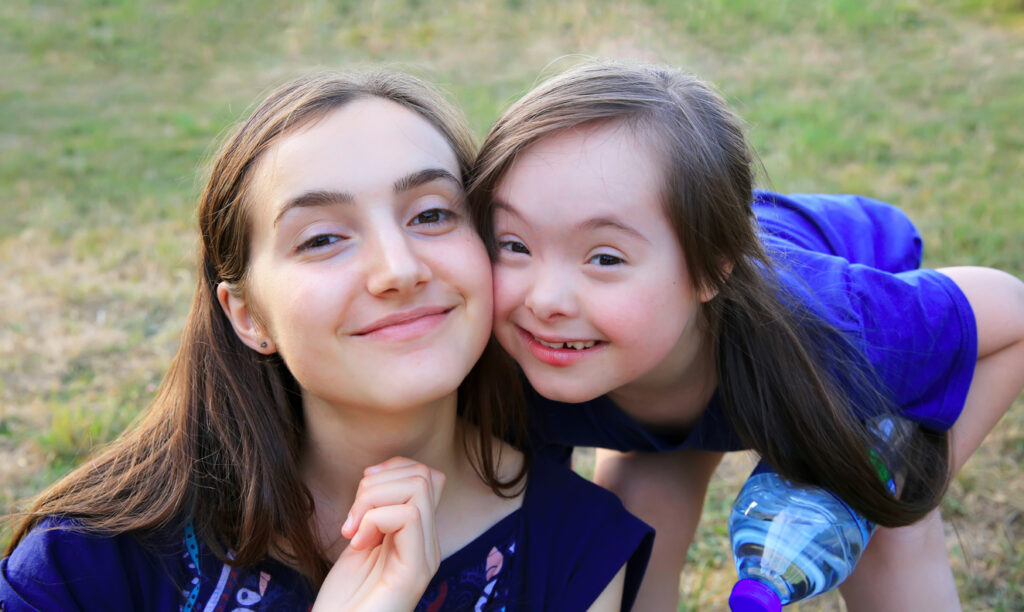Smart People Are Not Better!

Dumb, stupid, idiotic – these words that I hear every day haunt me because they expose the prejudice that exists towards people who are perceived to not be smart.
If this prejudice did not exist, these words would have no power and therefore never be used. This would be fine with me since I experience them like fingernails on a blackboard!
The belief that intelligent people are superior to others is so deeply ingrained that it is simply viewed as a fact by most people and rarely questioned.
I see this illustrated by the puzzled response I receive when I tell people that these words are highly offensive and request that they not use them.
I have nothing against highly intelligent people. They generally contribute a great deal to society with their new ideas, innovative solutions to problems, etc. In fact, I am joyful that we have a smart president! However, I am unclear why such a high value is placed on a quality we are basically born with, unlike kindness or sensitivity which we can develop. This is illustrated by the fact that people who are brilliant, but insensitive are often more admired than kind people with significant cognitive challenges.
Societal attitudes towards people who are perceived as not smart are illustrated in movies such as Forrest Gump. Just as the African-American Sidney Poitier in the movie classic, “Guess Who is Coming to Dinner,” had to have numerous advanced degrees to qualify to marry a white women, Forrest makes up for his lack of being smart by running back and forth across the country, exhibiting valor in Vietnam and loving a women who shuns him until she is dying. The message is clear: people who are not sufficiently smart must be superhuman in other ways to make the grade.
However, smart people are not better than those who are determined not to be.
We are all inherently worthy and capable, regardless of how quick-witted we are. In fact, I would love to live in a world where we are all celebrated for our unique individuality and basic humanity as much as our intelligence. In this new world, people with cognitive challenges would feel appreciated and vital, rather than victims of the discomfort or derision of others.
I have not always had this perspective. I grew up in a highly intellectual family where people were judged by how smart and talented they were. In fact, my father often described people as “sharp” which was for him a highly valued trait. Consequently, I assumed my worth was dependent on my accomplishments and intellectual ability and felt uncomfortable when I encountered others who I perceived to be significantly less smart than I was.
My worldview was dramatically changed with the birth of my daughter, Nicole, thirty-three years ago.
Just like all of us, she has different abilities. She has a loving and gentle spirit and does not even have the capacity to be mean or judgmental. She loves to eat, walk in the woods and have her back rubbed. She has also never learned to talk and will never be able to live independently. However, taking care of her is a privilege that has brought great meaning and purpose into my life.
Nikki is not slow or delayed, simply going at her own pace.
She is not disabled, rather highly abled in her ability to teach us important lessons about unconditional love, living in the present and the appreciating the little pleasures in life, which she does continually. Yes, she has special needs, but who doesn’t? Nikki is perfect just as she is and is doing the best she can in life, just like all the rest of us.
How people view Nikki is a reflection of how they see themselves. People who are highly judgmental and laboring under the false belief that that intelligence determines worth are often uncomfortable with Nikki because she reminds of their own perceived deficits. People who love and accept themselves view Nikki as the whole and complete person she is.
Unfortunately, people like Nikki are not generally effective in confronting the prejudices others have towards those they believe are lacking in intelligence.
They are unable to organize a movement to counter the ways in which they are demeaned or advocate for the elimination of commonly used words like moron. Therefore the deep prejudices towards people like her remain unchallenged or even ever discussed as a valid societal issue.
However, I am on a mission to change how people view others who they perceive to have less intelligence.
I am looking for fellow travelers who can join with me to help create a world where people like my dear Nikki are celebrated for the unique beauty of their being and never judged to be lacking in any way. With your help, this new movement has the potential to profoundly change how people like Nikki are viewed and therefore experience the world around them.
To get things rolling, I have a request for anyone reading this.
Please eliminate negative judgments towards people who you believe are not adequately intelligent and recognize on a deep level that we are all sufficiently worthwhile. Let your family and friends know that you are offended by words like stupid, retarded, idiot, etc. and do not tolerate them being used in your presence.
Most importantly, if you ever encounter Nikki, take the time to tune into her deeply accepting and loving spirit. It will be her gift to you!
Nate Terrell, LCSW is the author of “Achieving Self-Compassion: Giving Yourself the Gifts of Happiness and Inner Peace.” He invites you to check out his website, www.achievingselfcompassion where you can sign up for his newsletter and/or self-compassion coaching. He also encourages you to visit his Facebook page, Achieving Self-Compassion where you can discuss your own experiences with self-compassion. He looks forward to hearing from you!
